FTC Appeals Activision Blizzard Acquisition Ruling: What's Next?
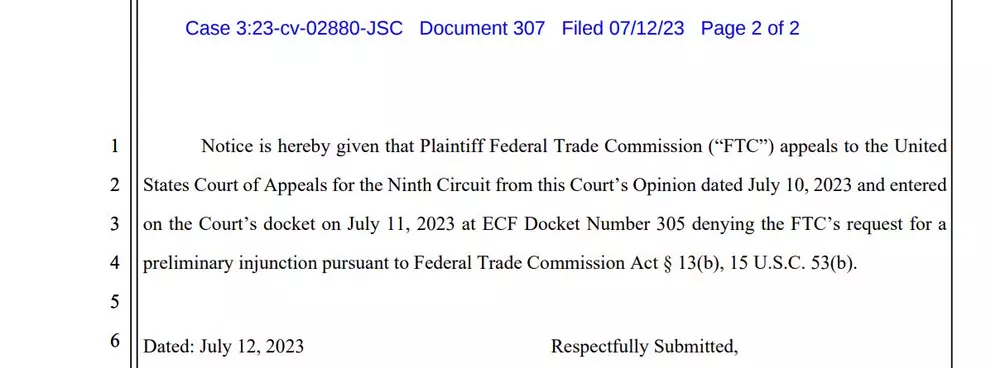
Table of Contents
The FTC's Case Against the Activision Blizzard Acquisition
The FTC's core argument centers on the belief that the acquisition would create an anti-competitive gaming market environment. This concern hinges significantly on the immensely popular Call of Duty franchise.
Anti-competitive Concerns
The FTC argued that the acquisition poses a substantial threat to competition, primarily due to the potential for Microsoft to leverage its control over Activision Blizzard's assets to stifle competition.
- Exclusive Call of Duty: A key concern is the possibility of Microsoft making Call of Duty exclusive to its Xbox ecosystem, thereby significantly disadvantaging PlayStation and other platforms. This could effectively lock players into the Xbox ecosystem.
- Cloud Gaming Domination: The FTC expressed worry about reduced competition in the rapidly growing cloud gaming market. Microsoft's acquisition could grant them an unfair advantage, potentially hindering innovation and driving up prices for cloud gaming services.
- Pricing and Innovation: The FTC argued that the merger would lessen competition, potentially leading to increased prices for games and a slowdown in innovation across the gaming industry as a whole.
Evidence Presented by the FTC
The FTC's case rested on a significant amount of evidence, including extensive market share data and analysis of consumer behavior.
- Market Share Data: The FTC presented detailed data illustrating Microsoft's and Activision Blizzard's substantial market shares in various gaming segments, emphasizing the potential for monopolistic practices post-merger.
- Expert Testimony: The FTC relied on expert testimony from economists and industry analysts to bolster their claims about the anti-competitive nature of the acquisition. These experts provided projections on the potential impact of the merger on pricing, innovation, and market structure.
- Judge's Initial Ruling: While the evidence was substantial, the judge in the initial ruling found it insufficient to block the merger, highlighting the complexities and high bar for proving anti-competitive behavior in such cases.
Microsoft's Response and Defense
Microsoft countered the FTC's allegations with a robust defense, emphasizing their commitment to maintaining a competitive gaming environment.
Microsoft's Arguments
Microsoft's central argument revolved around their commitment to keeping Call of Duty available on multiple platforms.
- Multi-platform Call of Duty Commitment: Microsoft repeatedly pledged to keep Call of Duty available on PlayStation and other platforms, signing long-term agreements to ensure continued availability.
- Consumer Benefits: They argued that the acquisition would ultimately benefit consumers through enhanced game development, broader access to games via subscription services like Game Pass, and increased innovation.
- Innovation and Expansion: Microsoft emphasized that the merger would foster innovation, allowing them to invest in new technologies and expand the reach of gaming to a wider audience.
Proposed Solutions and Concessions
To address the FTC's concerns, Microsoft offered several concessions.
- Long-term Call of Duty agreements: Microsoft signed 10-year agreements to ensure Call of Duty remains available on PlayStation, a key concession aiming to address the FTC's concerns regarding exclusivity.
- Commitment to cloud gaming competition: They made commitments regarding fair access to cloud gaming infrastructure and technology, aiming to allay fears of anti-competitive behavior in this emerging sector.
- FTC Satisfaction: The success of these concessions in satisfying the FTC remains uncertain, as evidenced by the appeal itself.
Potential Outcomes of the FTC Appeal
The FTC's appeal presents several potential scenarios, each with significant implications for the gaming industry.
Scenarios and Implications
Several outcomes are possible, each significantly impacting the future of gaming:
- FTC Victory: A successful FTC appeal would likely result in the blocking of the acquisition, potentially forcing Microsoft to abandon its pursuit of Activision Blizzard. This would have major ramifications for the gaming market, possibly affecting stock prices and strategic plans.
- Appeal Dismissal: If the appeal is dismissed, the initial ruling allowing the acquisition would stand, paving the way for Microsoft to complete the deal. This could lead to significant shifts in market share and potentially influence future merger and acquisition activity in the gaming industry.
- Settlement: A settlement could involve Microsoft making further concessions to address the FTC's concerns, perhaps extending the Call of Duty agreements or implementing other measures to ensure fair competition.
Timeline and Next Steps
The appeal process will likely be lengthy and complex.
- Appeal Duration: The appeal could take months, or even years, to resolve, depending on the legal proceedings and court schedules.
- Key Dates and Hearings: Several key dates and hearings will be crucial, including briefing schedules, oral arguments, and the eventual ruling by the appeals court.
- Further Legal Action: Regardless of the outcome, further legal challenges are a possibility, prolonging the uncertainty around the acquisition.
Conclusion
The FTC's appeal of the Activision Blizzard acquisition represents a landmark case with far-reaching consequences for the gaming industry. Both sides have presented compelling arguments, and the potential outcomes—a reversal of the initial ruling, a settlement, or a prolonged legal battle—will significantly shape the competitive landscape of gaming. The appeal's resolution will not only impact Microsoft and Activision Blizzard but will also set a precedent for future mergers and acquisitions in the tech and gaming sectors. Stay informed about the ongoing developments in the FTC’s appeal of the Activision Blizzard acquisition. Follow our blog for updates on this crucial case and its effects on the future of gaming mergers and antitrust regulation. Keep searching for "FTC Activision Blizzard appeal" for the latest information.

Featured Posts
-
 Ryujinx Emulator Development Halted Nintendos Impact
Apr 28, 2025
Ryujinx Emulator Development Halted Nintendos Impact
Apr 28, 2025 -
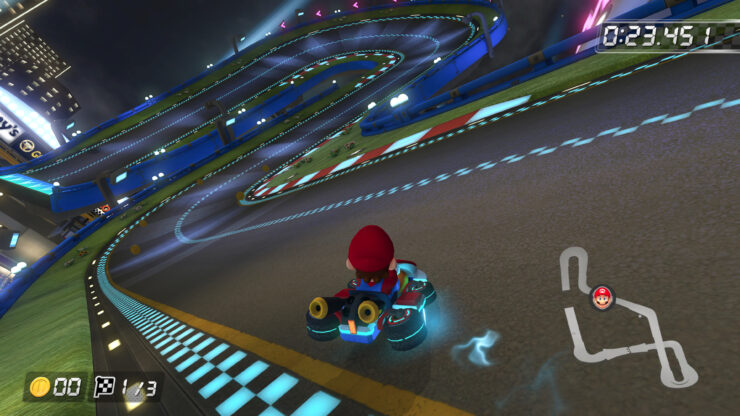 Nintendos Action Leads To Ryujinx Emulator Development Cessation
Apr 28, 2025
Nintendos Action Leads To Ryujinx Emulator Development Cessation
Apr 28, 2025 -
 Investigation Reveals Lingering Toxic Chemicals In Buildings After Ohio Train Derailment
Apr 28, 2025
Investigation Reveals Lingering Toxic Chemicals In Buildings After Ohio Train Derailment
Apr 28, 2025 -
 U S Iran Nuclear Talks Stalemate On Key Issues
Apr 28, 2025
U S Iran Nuclear Talks Stalemate On Key Issues
Apr 28, 2025 -
 Court Ruling Impacts E Bay Liability For Banned Chemicals Despite Section 230
Apr 28, 2025
Court Ruling Impacts E Bay Liability For Banned Chemicals Despite Section 230
Apr 28, 2025
Latest Posts
-
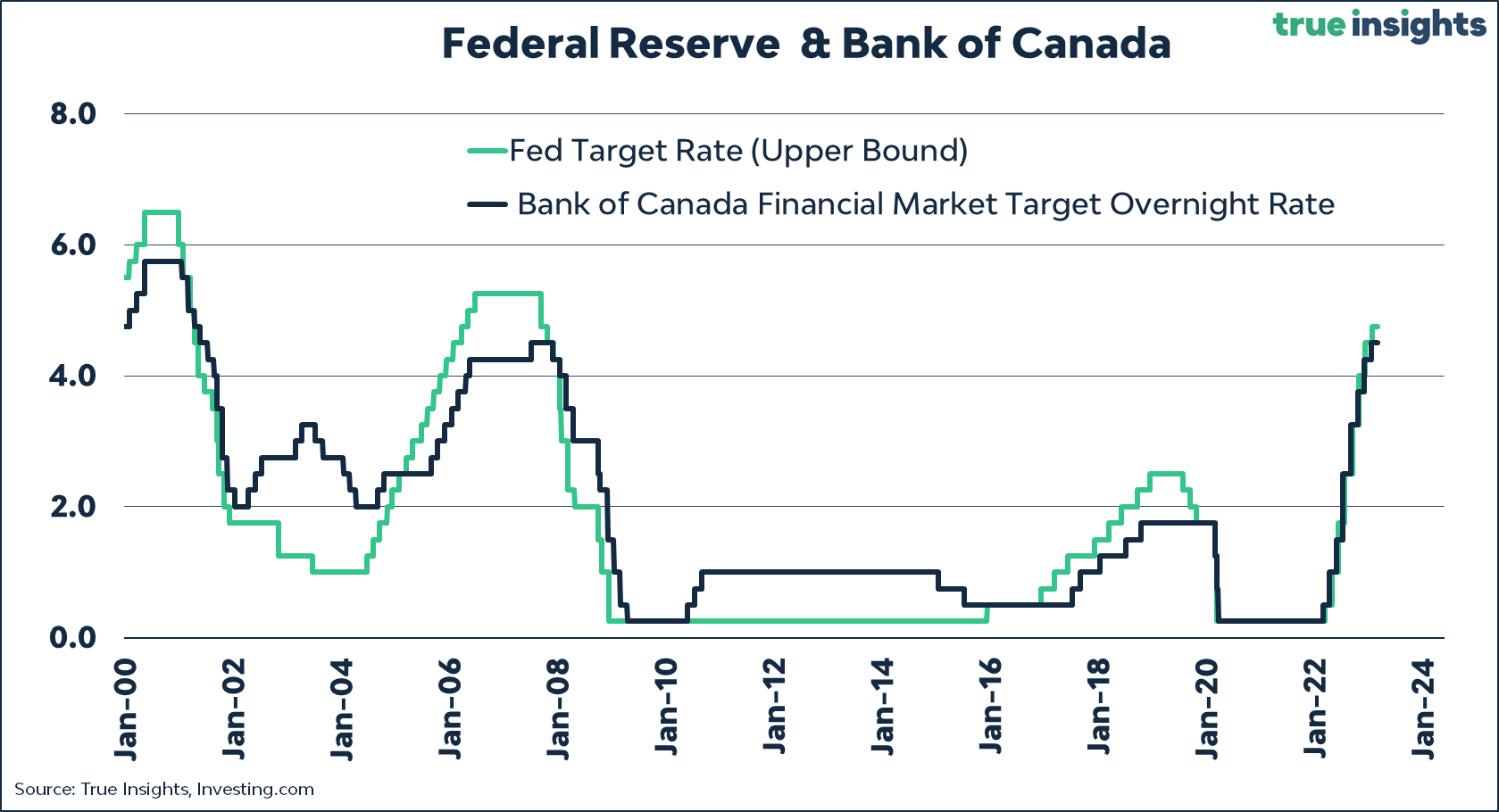 Retail Sales Slump Will The Bank Of Canada Reverse Course On Interest Rates
Apr 28, 2025
Retail Sales Slump Will The Bank Of Canada Reverse Course On Interest Rates
Apr 28, 2025 -
 2000 Yankees Diary Posadas Homer Silences The Royals
Apr 28, 2025
2000 Yankees Diary Posadas Homer Silences The Royals
Apr 28, 2025 -
 70 Off Hudsons Bays Final Store Closing Sale
Apr 28, 2025
70 Off Hudsons Bays Final Store Closing Sale
Apr 28, 2025 -
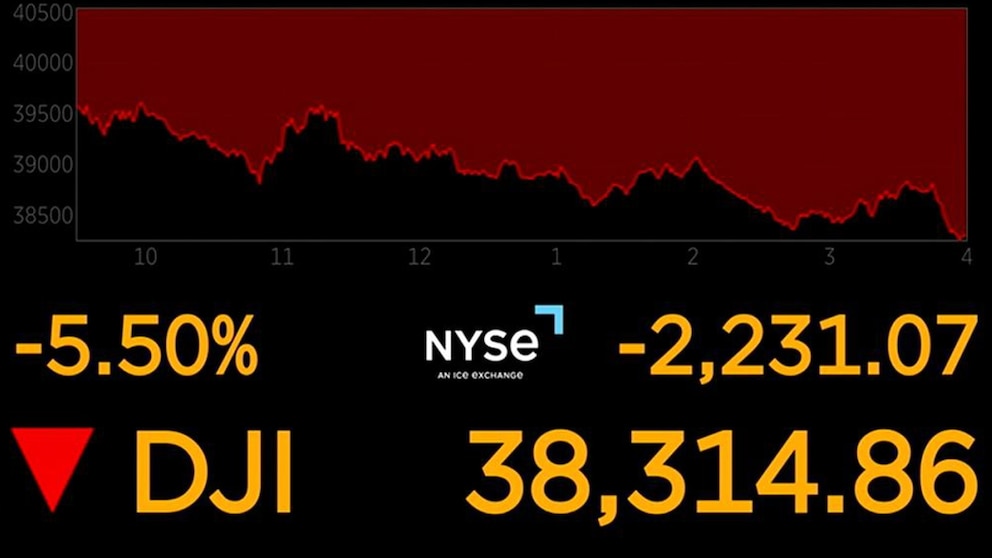 Alberta Feels The Impact Dow Project Delay And Tariff Fallout
Apr 28, 2025
Alberta Feels The Impact Dow Project Delay And Tariff Fallout
Apr 28, 2025 -
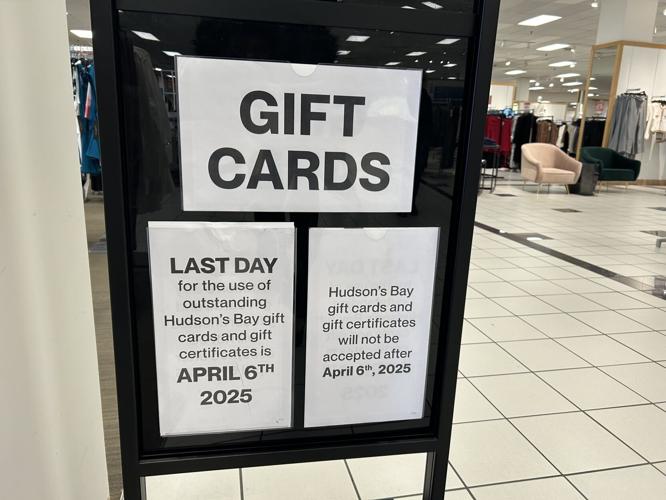 Hudsons Bay Liquidation Find Deep Discounts Now
Apr 28, 2025
Hudsons Bay Liquidation Find Deep Discounts Now
Apr 28, 2025
